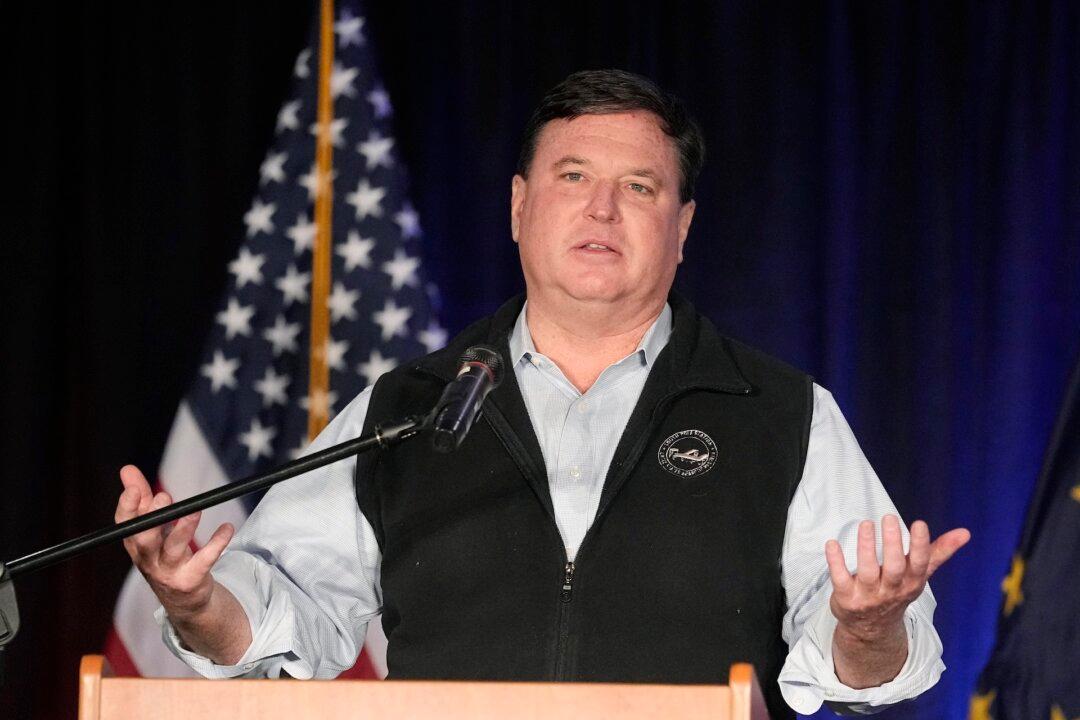Indiana’s attorney general did not follow professional rules when commenting on a doctor who performed an abortion for a 10-year-old girl, the state’s top court ruled on Nov. 2.
Indiana Attorney General Todd Rokita “engaged in attorney misconduct” when he described, during a television appearance, the doctor as “an abortion activist” and having “a history of failing to report,” the Indiana Supreme Court said.





